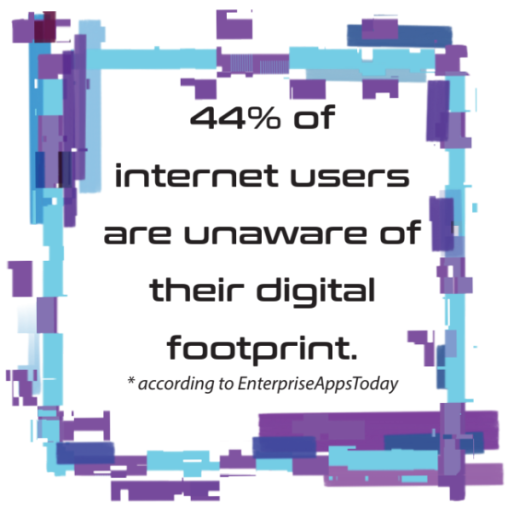Imagine this: you apply for work at the Dairy Bar down by Glenview Road. You do fine in the interview and get hired. Two days in, you’re fired and told that you’re “too ugly to work here.”
Pretty far-fetched, right? Not so fast. In the past few years, there have been several allegations of discrimination in hiring against the clothing brand Hollister and its parent company Abercrombie and Fitch.
Take the example of Jennifer Lu, a UC Irvine student who claimed that she and several other Asian-Americans were fired from Abercrombie because of their ethnicity.
If you don’t believe it, take it from one of South’s own. Junior Shea Anthony recently interviewed for a job at Hollister, and even before the interview her recruitment was about her looks, not her experience.
“I felt really pressured to look good because when the girl who recruited me messaged me on Facebook, she was like, ‘My manager told me to tell my attractive friends to apply to Hollister, and I showed my boss your picture and he said you were perfect for it,’” Anthony said.
It’s all about the “look policy.” An article in the Guardian describes how Hollister stores require that all employees “represent Abercrombie & Fitch with natural, classic American style, consistent with the company’s brand” and “look great while exhibiting individuality.”
The problem with this policy lies in the question: who gets to decide what looks “great”? Whether a woman is Asian or white doesn’t matter to me, and I’m sure plenty of other people share my views. Why should Abercrombie managers decide what looks “great” and what “exhibits individuality”?
Regarding looks, workers like Anthony should not be recruited for Abercrombie; absolutely no one is in control of how a Hollister manager judges employees’ appearance, and they should not be denied a job because of it.
But Hollister and Abercrombie’s problems don’t stop there. I’m sure many of you have noticed the recent proliferation of articles about Hollister and Abercrombie refusing to carry women’s clothes in XL or XXL sizes.
Abercrombie CEO Mike Jeffries recently described how “we go after the cool kids. We go after the attractive all-American kid with a great attitude and a lot of friends. A lot of people don’t belong [in our clothes], and they can’t belong.”
I don’t think I’m the only one that gagged at this comment. Abercrombie’s clothing sizes have the same problems as their hiring policies. Why should Jeffries get to determine whether a woman is “cool” or “attractive”?
But even more than that, Abercrombie assumes that people who wear extra-large clothing aren’t attractive and don’t belong. This is a disgusting, overt form of discrimination against even the slightly overweight.
What are teenage girls supposed to think when they’re told by a major clothing brand that they’re “not cool enough” to wear their clothes because of their body size?
But of course, Abercrombie still provides men’s clothing in XL and XXL, probably so bulked-up athletes can still wear their clothes.
Male athletes are worth it, but teenage girls aren’t? Especially when 17 percent of children aged 2 through 19 are considered overweight or obese. Abercrombie’s policies are flat-out absurd.
My proposal is that you and I boycott Abercrombie and Hollister stores. I know this is pretty drastic, but what matters more? The brand name on your clothes, or discrimination against “unattractive” women and salespeople who don’t “exhibit individuality”?
Twenty years ago, people might have chosen the clothes, but things have changed, and our society has come a long way since then. There is no place for this kind of discrimination.









